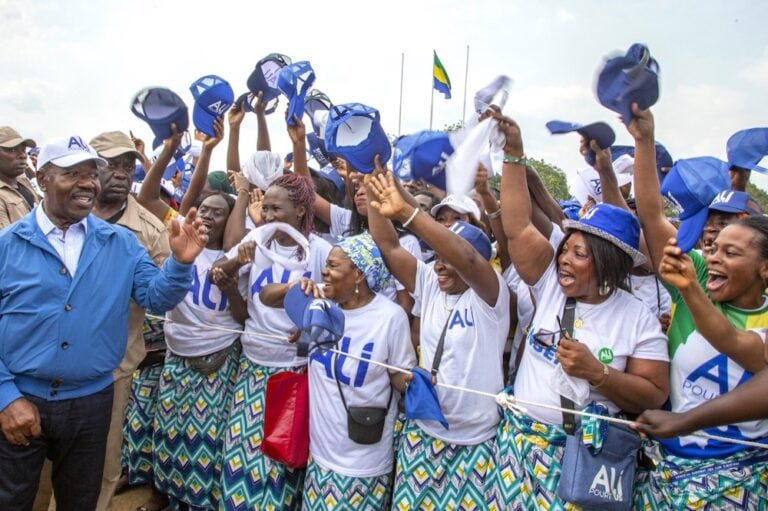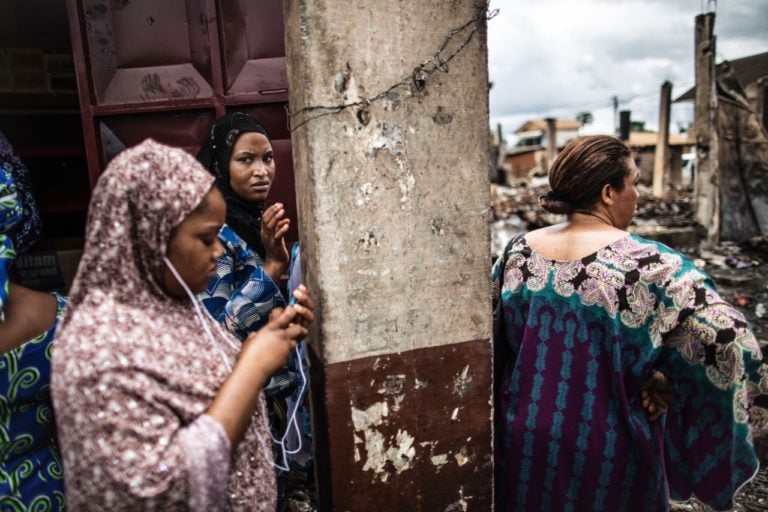CPJ condemned the suspension of Gabonese papers "Ezombolo" and "La Une" as acts of censorship and intimidation designed to silence criticism of public officials.
(CPJ/IFEX) – New York, August 6, 2012 – The Committee to Protect Journalists condemns Friday’s decision by Gabon’s state-run media regulator to suspend two private newspapers for six months over criticism of top officials.
In a press statement obtained by CPJ, the National Communications Council accused weeklies Ezombolo and La Une of disrespecting public institutions “and the personalities that embody them.” Local journalists told CPJ that the council appeared to be singling out critics of the government.
“The suspensions of Ezombolo and La Une are acts of censorship and intimidation designed to silence criticism of public officials,” said CPJ Africa Advocacy Coordinator Mohamed Keita. “Gabon’s National Communications Council should reverse this decision and end the perception that it is the censorship arm of the government.”
Under the Gabonese constitution, the president and the speakers of both chambers of the national assembly each appoint three members of the nine-member council for a term of five years. In May, Guy-Bertrand Mapangou, a former presidential spokesman and adviser, was appointed council chair, according to news reports.
The council accused Ezombolo of “threatening public order” with two columns published Friday: an opinion piece urging troops not to obey orders to shoot protesters and another calling opposition leader Andre Mba Obame the legitimate head of state. Obame proclaimed himself president-elect and staged a swearing-in ceremony after rejecting the results of the 2009 elections officially won by his rival, President Ali Bongo. The council also cited a July 16 Ezombolo column criticizing Bongo and Prime Minister Raymond Ndong Sima.
La Une was suspended over a series of columns critical of Bongo’s diplomacy in a failed attempt to secure the re-election of his brother-in-law Jean Ping as the African Union Commission Chairman. Ping lost to Nkosazana Dlamini-Zuma in a July runoff election, ending a bitter contest between South Africa and Gabon for the leadership of the African Union, according to news reports.


